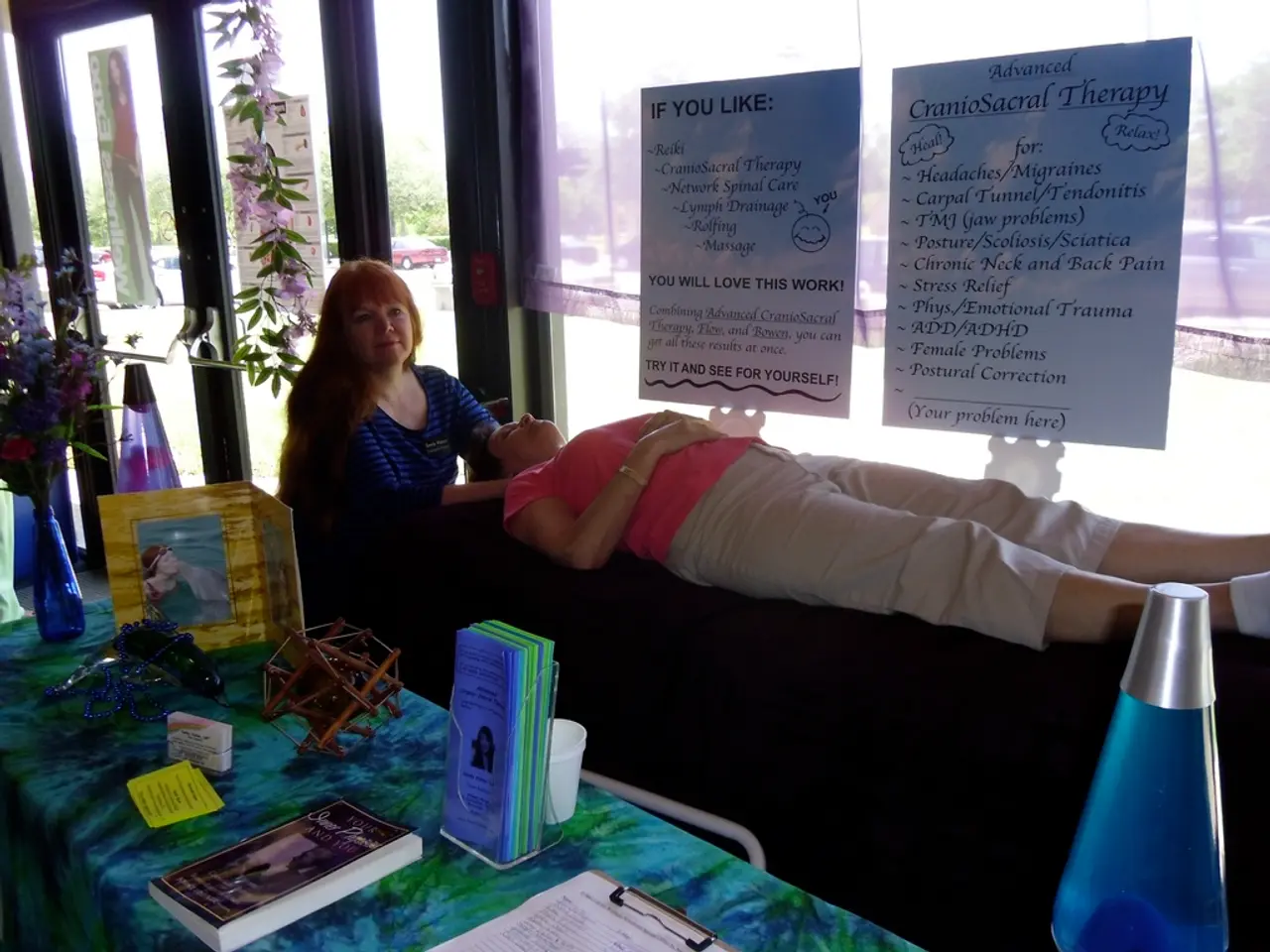Dementia-like Symptoms: Understanding the Root Causes, Available Treatments, and Further Information
**Article Title: Understanding Pseudodementia: A Reversible Mental Condition Mimicking Dementia**
Pseudodementia, a condition that resembles dementia but is not caused by neurological degeneration, is a topic of growing interest in the medical community. This condition, often linked to depression or other psychiatric disorders, can lead to cognitive impairments, mood and emotional changes, and behavioral alterations.
The symptoms of depression-related pseudodementia are varied and can include cognitive impairments such as memory issues, concentration problems, and decision-making challenges. Patients may struggle to remember recent events or learn new information, have trouble focusing or paying attention, and face difficulties in making decisions or problem-solving.
Mood and emotional changes are also common. Individuals with pseudodementia often experience feelings of sadness, hopelessness, or anxiety, may have difficulty sleeping or experience excessive sleepiness, and may tend to withdraw from social interactions.
Behavioral changes can include a loss of interest in activities once enjoyed, persistent tiredness, and increased irritability or anger. These symptoms can vary in severity and may improve with treatment of the underlying depression.
It is essential to distinguish pseudodementia from actual dementia, as the former is typically reversible with appropriate psychiatric intervention. Diagnosing pseudodementia can take time due to its similarity to symptoms of depression and neurodegenerative dementia. A thorough diagnosis involves a conversation about symptoms, various tests, and in-office evaluations to assess cognitive abilities and neurological condition.
Imaging tests may also be used to help diagnose pseudodementia. Blood tests can check for signs of underlying conditions or deficiencies, such as a deficiency in folate or vitamin B-12.
Treatment for pseudodementia often focuses on treating the underlying cause. For depression-related pseudodementia, this may involve treating depression with a combination of psychotherapy and medication like Selective Serotonin Reuptake Inhibitors (SSRIs).
It's crucial for anyone experiencing symptoms of dementia or pseudodementia, including changes in memory, attention, or thought processes, to speak with a doctor. In some cases, treating anxiety, PTSD, or schizophrenia may help relieve pseudodementia symptoms.
With appropriate treatment and consistent dedication, pseudodementia symptoms can improve significantly. Long-term treatment and lifestyle changes may provide the best outlook. For those with depression-related pseudodementia, treating the underlying depression can lead to a substantial improvement in symptoms.
[1] Mayo Clinic. (2021). Pseudodementia. Retrieved from https://www.mayoclinic.org/diseases-conditions/pseudodementia/symptoms-causes/syc-20352558 [3] National Institute of Mental Health. (2021). Major Depression. Retrieved from https://www.nimh.nih.gov/health/topics/major-depression/index.shtml
- In health-and-wellness circles, the topic of Pseudodementia, a condition resembling dementia but not caused by neurological degeneration, is gaining prominence.
- The signs of pseudodementia linked to depression can encompass cognitive impairments like diabetes in memory, colitis in concentration, and issues in decision-making.
- Aside from cognitive difficulties, people experiencing pseudodementia might witness dementia-like mood and emotional changes, such as feelings of ulcerative sadness, dementia in sleep patterns, and a propensity toward social isolation.
- Behavioral symptoms of pseudodementia can present as a loss of interest in activities, persistent fatigue, and an inclination toward irritability or aggression.
- To ascertain whether a person is afflicted with pseudodementia or dementia, a predictive approach is required, which may incorporate science through conversations, tests, evaluations, imaging, and blood tests to check for conditions like AQ deficiency or type 2 diabetes in nutrient levels.
- Treatment for pseudodementia commonly targets the underlying cause, and for depression-related pseudodementia, this may involve a naive approach combining psychotherapy and medications like SSRIs; however, for some mental-health issues like anxiety, PTSD, or schizophrenia, addressing these conditions can aid in alleviating pseudodementia symptoms.




